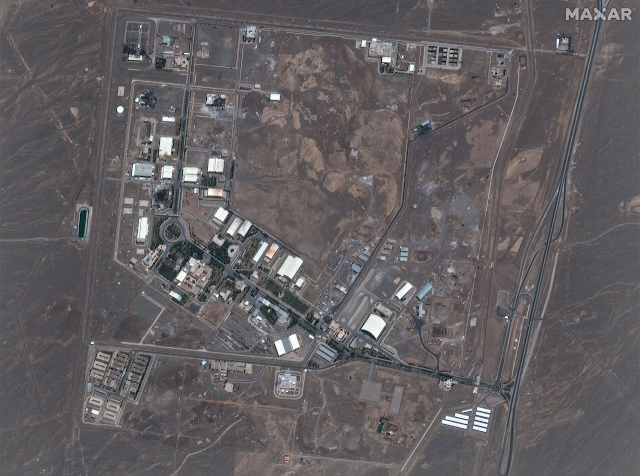Israel also issued dire warnings about Iran's nuclear program when it launched a series of strikes against the country last week, implying that the strikes were necessary to prevent Iran from obtaining nuclear weapons and that the country was rapidly approaching a point of no return.
According to four people with knowledge of the assessment, US intelligence assessments had arrived at a different conclusion: not only was Iran not actively pursuing a nuclear weapon, but it was also up to three years away from being able to produce one and deliver it to a target of its choosing. Now, after days of Israeli airstrikes, US intelligence officials believe that Israel may have set back Iran’s nuclear program by only a matter of months, according to one of those people, a US official.
Even as Israel has done significant damage to Iran’s facility at Natanz, a second, heavily fortified enrichment site at Fordow has remained effectively untouched.
ALSO READ: Israel says Iran's overnight attacks were the least impactful since the conflict's beginning
Defense experts assert that Israel cannot harm Fordow without specific US weapons and aerial support. Last week, the top international watchdog, the International Atomic Energy Agency, said that Iran had accumulated enough enriched uranium that was just below weapons grade to make nine nuclear bombs.
The problem for Iran is not only making a crude nuclear weapon, which experts say it could do in a few months if it wanted to, but also making a working delivery system, which could take a lot longer. As US intelligence officials – and the IAEA – work to assess the damage Israel has caused to Iran’s nuclear architecture, there is some concern that the blitz might cause Iran to do what US officials believe it hasn’t up until now: pursue weaponization.







0 Comments
Leave Your Comment